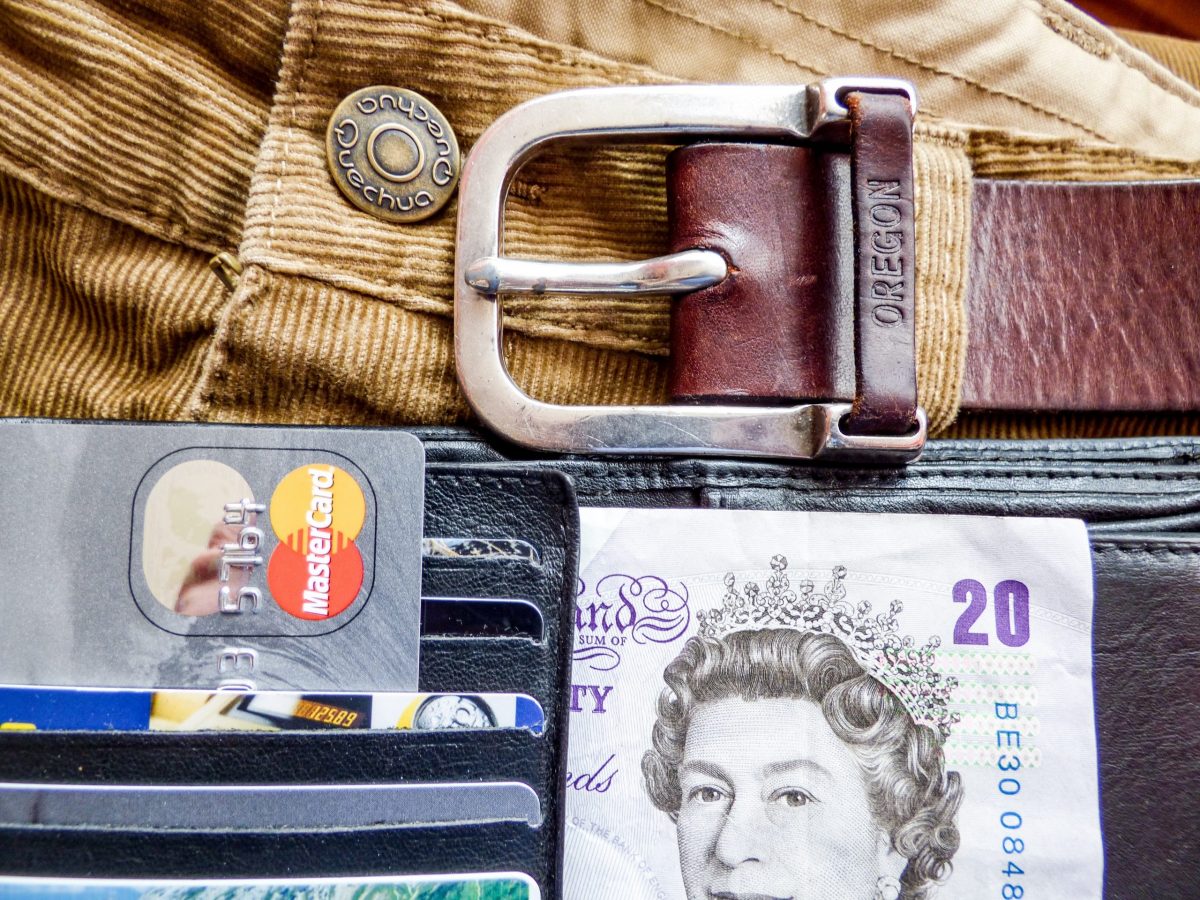I have worked with small and independent businesses for over 10 years now, and have found most of them focus on making sales to grow profits. This is obviously what they should focus on, but in digging a little deeper with my conversations with them, most are coming to realise the other side of the equation. The need to save money.
You all get into business to make money, so why should you worry about spending it? Well most likely because without knowing it, you can accumulate costs that burn a hole in your business wallet leading to monies gushing out uncontrollably. Also, with everything happening with the Coronavirus crisis, there has never been a more important time for your business to plug that hole.
Why it is so important to address this now
With no or very little money coming in during the pandemic, most businesses have switched focus to saving money in any way they can. Rightfully so. Even as things open up, you are initially not going to get the same amount of customers as pre-COVID-19. Some argue the number of walk ins to a high street business will never reach those levels again.
So cutting costs has become imperative. It is one way to keep afloat and put the business in a more effective damage-limitation mode. Below we have gathered 10 of the easiest ways to start saving money and prepare for a profitable business resumption as things open up.

1. Review all of your bills
Electricity, gas and water are all bills that need to be reviewed regularly. Look at what exactly you are spending on each of these utilities. You might see that there are better deals going on elsewhere which which you will be better of switching to.
Most people are still unaware that as a business, you can change your water supplier. Since 2017, OFWAT, the water and sewage regulating body, introduced legislation that non-household customers, of suppliers based wholly or mainly in England, are able to choose both their water and wastewater retailer. This has become a source of saving with the competition it opened up in the water market.
2. Review all your operating expenses
This includes expenses such as your payments system, broadband, telephone, EPOS, inventory system, accounting methods and any other systems that you use to run your business. These are usually provided by specialist suppliers.
You can talk to your supplier to get a better rate on the charges or switch supplier to get a better deal that works best for you. Even though you may be in a contact with these suppliers, there are ways to get the termination fees paid off as part of your new agreement.
3. Assess the cost of ownership versus leasing
Most hardware and software that is not already owned can be leased. This means that instead of paying a lump sum up front, you can pay it monthly as you get money coming in.
Owning might seem good long-term, however if you require an upgrade to the hardware or software you can get that as part of your lease agreement. This might actually save you money in the long run.
4. Talk to your vendors and suppliers
Your suppliers and vendors need your business as much a you need theirs. So talking to them to negotiate a reduction is always a good thing to do. Worst case they’ll say no, but the least you can do is try. Even if you save pennies on each item, it all adds up such that you could end up saving quite a bit.
5. Hire smart people without as much experience
If you need to hire new staff as you get back to business, consider hiring someone smart that you can train instead of someone with a lot of experience. Those that have the most experience would demand a higher salary.
It’s always good to take someone you can train and build up because they will also get to know how your business works and how you like things done.
6. Cut all unnecessary staff expenses
As I speak to some of the small business owners I have worked with, they are generally saying that they have cut down on the staff perks they used to provide before. Things like signing up to reward programmes, free food, free trips and free events are just not sustainable at the moment.
Letting your employees in on what exactly is going on in the business is quite helpful. Most will understand and help out by creating less expenses for the business to reimburse.
7. Use freelancers, contractors, and open source software
Sometimes it’s easier and cheaper to hire a freelancer or contractor to do a job than for you or your employees to do it. These people are experts in the particular field and can do it quicker for a reasonable amount. Your time is then not consumed by this task and can be better spent increasing your sales efforts.
8. Encourage working from home where possible
During the pandemic most people have gotten used to working from home. If it is possible, it is worth thinking about carrying on with that moving forward. In that way you don’t have as many people in the office which means less use of resources and utilities which come with a cost. Also there is less time wasting so people can be very productive from home.
9. Restructure your debt
If you had debts prior to the COVID-19 crisis then it might be better to pay off some of the debt with the government backed loans provided. That way you can save on the interest payments for the duration of the interest-free period.
10. Use free creative marketing and word-of-mouth
Social media is a powerful tool to use for advertising and promoting your brand. You can Shout out to the whole world about what you were doing and what you provide. You can also have offers that you can present to your customers that will then bring in more customers.
A referral programme can be a good way for you to get more sales. This will save you money on advertising and could lower your customer acquisition costs.

When to consider doing this
Before implementing this look at what’s best for your business. Some of this might work for you some of it might not but it’s up to you and your business to find out what exactly is best for you. After doing your review of everything you can then Think of what’s best and then go on and implement it. If you need help doing the review you can contact us and we’ll be happy to help.
What is best to start with
Some things are easier to start with than others. I would suggest starting with something as simple as reviewing your utility bills. After you utility bills going on to reviewing the deals that you have with some of you some of your suppliers for your operating expenses.
Your suppliers know what the situation is and they would want the best for you as well. Think of everything in the list and and everything will have it’s time at time and in the period that it can be implemented.
Conclusion
In conclusion we have discussed a variety of ways that you could save money as a business. Think of the best way for you and implement it as soon as possible. You can add more to the list or you can take away from the list it so it all depends on what your business needs. We will cover more of this of these topics in more detail in a later blog post.
Let me know if you found this blog post helpful. My aim is to bring you value and give you things that you might not have thought of. However even if you have thought of this it’s always good to get a reminder. So tell me, from everything that we’ve mentioned on the 10 possible things you could do to plug the hole in your wallet, what will you be doing first?
Leave a comment below and let us know.

